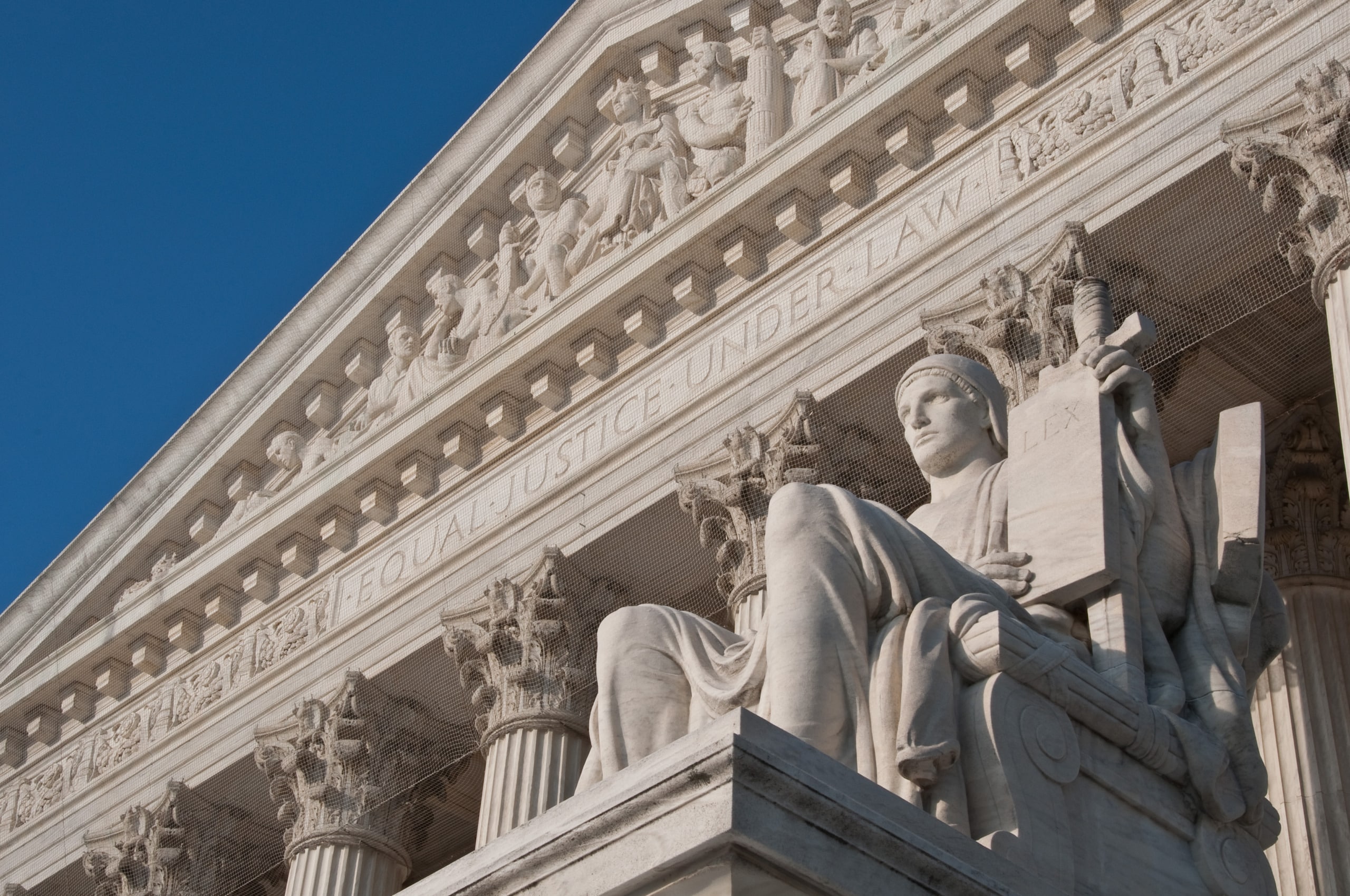One More Thought on Halkbank
February 8, 2023
The recent Supreme Court argument in Türkiye Halk Bankasi A.S. (Halkbank) v. United States has captivated the transnational litigation community. Experts have weighed in in many forms, including on this blog. In this post, I want to add one more thought that I have not seen raised in this context. Even if the Court decides that the FSIA does not, by its terms, apply to criminal cases, perhaps the Court should still look to the FSIA for guidance in fashioning federal common law.
The Sources of Law
A key issue in Halkbank is the source of the law of foreign sovereign immunity in criminal cases. Some look to Congress’s directions in the Foreign Sovereign Immunities Act (FSIA). Others look to federal common law, which in turn could look to principles of customary international law.
Scholars, including members of this blog’s editorial team, have persuasively argued that when the FSIA does not apply, the law of foreign sovereign immunity should be derived from federal common law. That approach applies to foreign official immunity as in Samantar and to immunity from criminal prosecution as in Halkbank.
But where does that common law come from? Customary international is one choice, but not the only one. Often, perhaps presumptively, federal courts look to state law for guidance on how to develop federal common law. That approach is on weaker footing in foreign affairs cases, though, where federal law tends to dominate.
Another common approach is for courts to look to related acts of Congress. This is often the approach to defining statutes of limitations under federal common law. It is also the approach that Justice Kennedy took in Jesner v. Arab Bank, when he looked to the Torture Victims Protection Act (TVPA) to fill out the federal common law applicable under the Alien Tort Statute (ATS). In that case, Justice Kennedy concluded that the TVPA was “the logical place to look” for statutory analogies to common law claims under the ATS, since the TVPA was the only place Congress authorized ATS suits. The Supreme Court did the same thing when it looked to the FSIA in the Bancec case.
The Relevance of the FSIA
In Halkbank, “the logical place to look” for the federal common law of foreign sovereign immunity in criminal cases would be the place that Congress authorized foreign sovereign immunity—that is, the Foreign Sovereign Immunities Act. (Professor Brunk has made a similar point in another context.) Almost counterintuitively, then, the Court might say that the FSIA does not apply in criminal cases but that the applicable federal common law draws on that same statute.
Although many of the arguments against applying the FSIA directly in criminal cases could be made against using the FSIA to inform federal common law, there are at least four reasons why FSIA-borrowing might be attractive here.
First, concerns were raised at oral argument that federal common law was just judges making it up. This is a common critique of federal common law. Looking to statutes is thought to be a constraint on judicial adventurism and a way to respect Congress’s legislative prerogatives.
Second is notice. Although the text of the FSIA might not give notice about the law of foreign sovereign immunity in criminal cases, it does give notice about some law of foreign sovereign immunity, suggesting that parties should not be taken entirely off guard by its application.
Third, and relatedly, there is value in having consistent immunity rules across categories, especially when the same conduct may be at play.
Fourth, although there are good reasons to treat civil and criminal law distinctly, those reasons are at least weaker in the context of entity liability, where civil and criminal penalties are both typically monetary. The special treatment of criminal laws that implicate liberty interests is less pressing when only money is at stake.
Conclusion
I am not sure that FSIA-borrowing is the right answer in Halkbank, but I think it is a possibility that should be considered by the Supreme Court or on remand to the Second Circuit.
